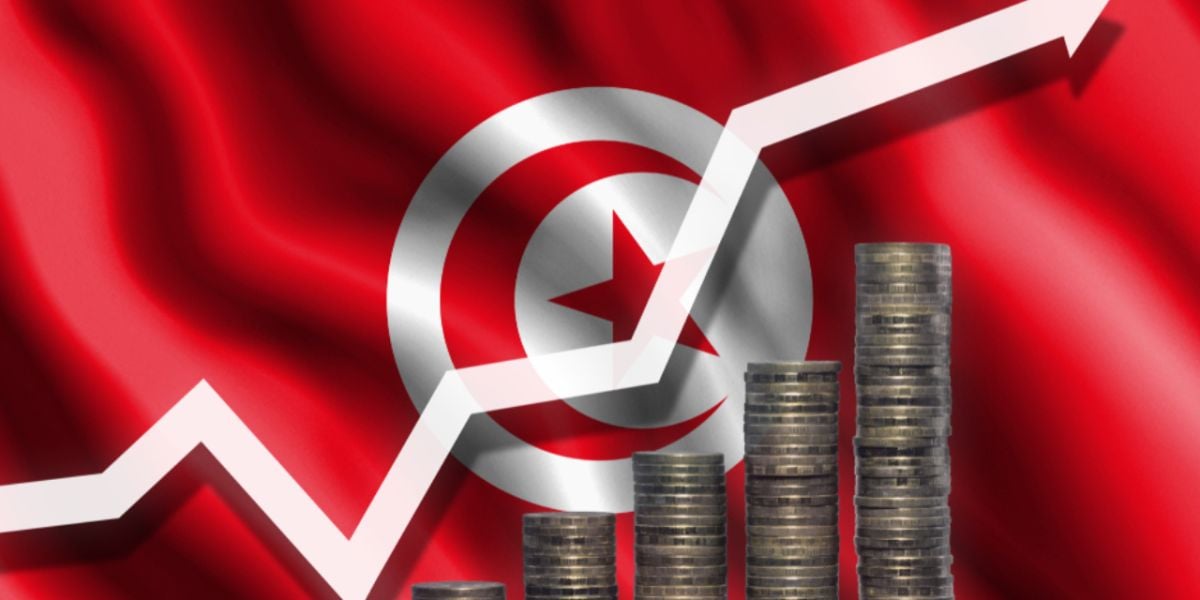
Before moving to Tunisia, whether you intend to work, settle or set up a business there, it is best to be aware of its economic situation beforehand.
Overview of the Tunisian economy
The Tunisian economy has been reporting steady growth for the past ten years. However, the country has also been through a number of economic difficulties caused by the Civil War in Libya, the local social and political revolution, the Euro Zone — and, most recently, the COVID-19 pandemic and the Russian-Ukrainian War. In 2020, the country's GDP fell by 8.8%, and, following the 2019 pandemic, the unemployment rate in the country increased to 17.8%.
While the country's economy did feel the impact of world events, it is currently in the recovery stage.
The country's economic growth is projected to increase by 3% in 2020, fueled by the global recovery from the pandemic.
What are the major economic sectors in Tunisia?
Services is with no doubt the leading sector in Tunisia, accounting for not less than 60% of the total Gross Domestic Product (GDP). New technologies, and information and communication technology are also very promising sectors. In fact, nearly half of the active local population works in these two sectors.
The Tunisian economy also relies heavily on agriculture which is still developing over the years, especially since many expatriate families living in the country prefer bio standards. In fact, Tunisia is deemed to be one of the most efficient African countries in this regard. Agriculture thus accounts for 8% of the national GDP and 16% of the local workforce.
Industry, for its part, accounts for 30% of the national GDP with one-third of the total workforce. Tourism is also one of the leading sectors in Tunisia. However, it has been greatly disturbed by recent events. Coming months will therefore be crucial.
Trade has greatly contributed to the Tunisian economy's liberalization and openness between 2011 and 2013. If you are planning to invest in the country, note that Tunisia has signed:
- an association agreement with the European Union providing for the elimination of trade and tariff barriers on most goods
- a Framework Agreement for Trade and Investment with the United States, destined to become a free trade agreement thereafter.
Partners, import and export in Tunisia
Tunisia's main export partners are, namely, the European Union, Libya, Russia and China, especially in terms of textiles and garments, leather, electrical, mechanical, energy and agri-food products).
As regards imports, its biggest provider is France when it comes to raw and semi-finished materials, capital goods, consumption (excluding food), financial services and insurance.
We have hereby provided you with an overview of the Tunisian economy. For more information, please refer to the useful link provided below.
Useful link:
We do our best to provide accurate and up to date information. However, if you have noticed any inaccuracies in this article, please let us know in the comments section below.








